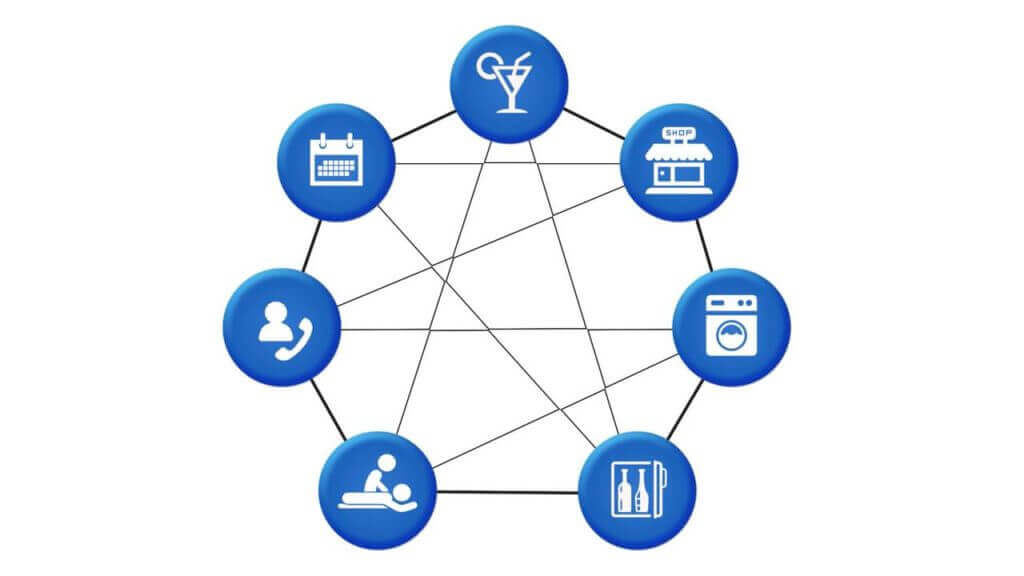
Property Management Systems (or PMS) play a vital role in the day-to-day operation of a hotel. We rely on them to hold our availability and rate data, process new reservations, and store profiles of our guests, as well as of the companies and travel agencies with whom we work. We depend on the PMS to accept and hold room charge data, produce folios at guest check-out, interface with numerous on- and above property systems, and prepare reports of property activity.
Yes, a PMS is indispensable for a modern hotel. But is the PMS that served us well in the past, and which is adequate today, the system that we will need in the future? That is an interesting question.
Yesterday’s PMS
From the emergence of PMSs in the mid-1970’s with the introduction of Micor and EECO systems, PMSs have had to be self-contained, self-sufficient systems. Their developers used the available limited technology to create systems to store (and access) all inventory, rates, reservations, and in-house guest charge data.
All of that information was keyed into the PMS by hand, every room charge, every F&B purchase, every telephone call. Then that data was accessed on small green screen displays or on dot matrix printers. However primitive these pioneer systems were by today’s standards, they brought order and organization to the fast-growing volumes of information a hotel needed to manage and in doing so bringing lasting benefit to our industry.
Today’s PMS
Fast forward forty years and we see enormously more sophisticated PMSs installed in our hotels today. We now have multiple other on-property computer systems – door locks, F&B point of sale, call accounting, WiFi, entertainment, maybe HVAC and minibar as well. All of them are interfaced with the PMS. Room charge data is now entered automatically; it is accessed with much improved user displays, and with activity reports that provide information indispensable to the hotel’s operation. Our PMSs in 2017 are infinitely more useful to us as hoteliers then were their predecessors.



